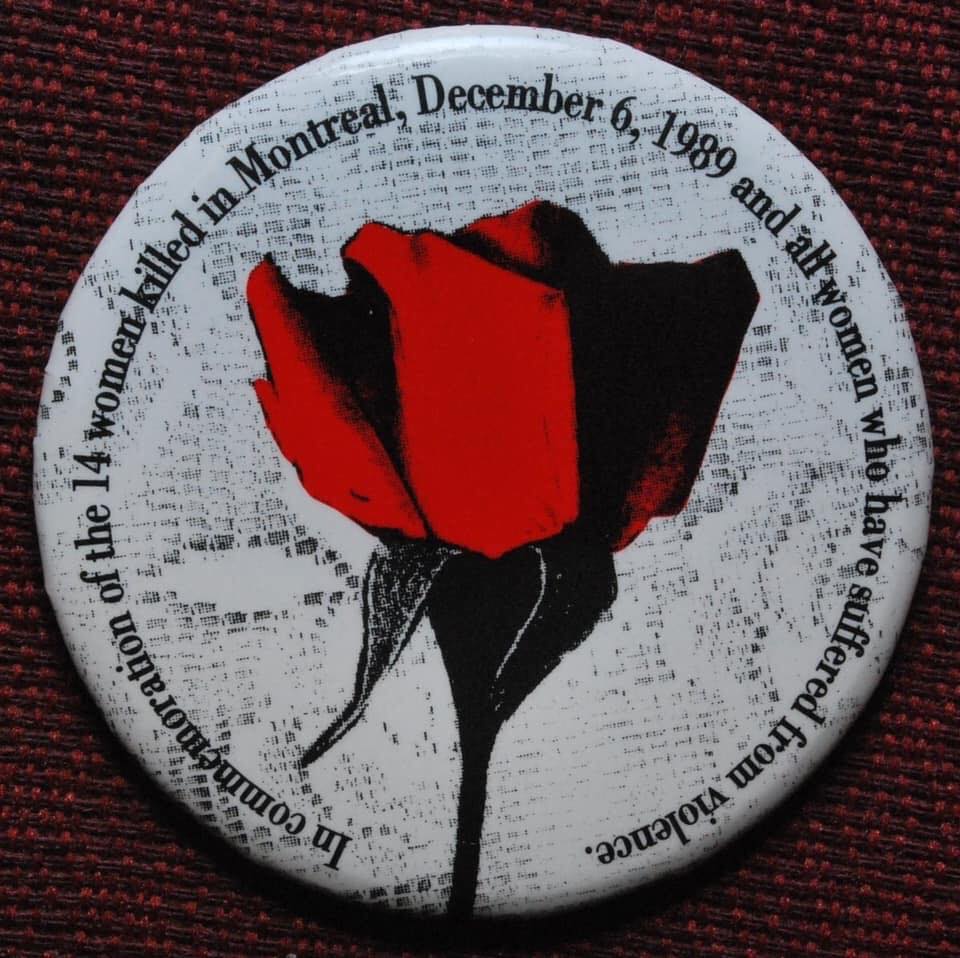Photo by Hubert Sacasa. Tap the photo to see it at full size. Tap here to see the source [LinkedIn].
These sweaters (actually long-sleeve T-shirts) were a hit at last night’s party, and you can get them on Amazon:
Photo by Hubert Sacasa. Tap the photo to see it at full size. Tap here to see the source [LinkedIn].
These sweaters (actually long-sleeve T-shirts) were a hit at last night’s party, and you can get them on Amazon:
Tap the photo to see it at full size.
Never forget that for this administration and its supporters, the cruelty is the point.
In case you need context:
Thanks to Chris Laco for the find.
Here’s the full text of the question:
I very much enjoy your column, and you are much kinder than I am. It may be my age, but my parents weren’t expected to pay for college when I came of age. I am, yes, a baby boomer. From reading your column it seems like lots of people of varying ages seem to believe that they have rights to an inheritance, often by virtue of being a DNA relative and, sometimes, by virtue of a marriage.
I disagree with this assumption. Please educate me. Are my somewhat scornful reactions a reflection of my own age or ignorance? Or can I or anyone else write a will leaving their estate to whomever they like — say a charity, or the kid next door, or their nurse — instead of their kids and spouse? What is the law and etiquette regarding wills and inheritance?
Wow. This isn’t the only surprising question that people ask The Moneyist. A sampling:
Thirty years ago today — December 6th, 1989 — some asshole went into École Polytechnique de Montréal (“Polytechnic School of Montreal” in English, an engineering school) and fatally shot 14 young women who were studying to be engineers. The asshole, who himself had failed to gain admission to the university, shouted, “You’re all a bunch of feminists and I hate feminists!”

I was an engineering student at Queen’s University at the time of the tragedy, and I remember the day — and the debates — that happened then. As a techie who grew up in Canada, I’m making it a point to remember the names of the women who lost their lives that day — all because they simply wanted to be engineers:
Tap the photo to see it at full size.
In memory of this event, Canada’s parliament declared December 6th the National Day of Remembrance and Action on Violence Against Women in 1991. Let’s not forget what happened then, and let’s remember that even today, thirty years later, will still have to contend with people who hold women in the same low regard as the asshole who opened fire on that classroom.
Tap the photo to see it at full size.
I wish it was my idea, but it came from Justin Pierce’s webcomic Wonderella:
Tap the comic to see the Trump snowflake at full size.
Here’s some context, just in case you missed the news or are reading this years later, when Orange Julius Caesar is a distant memory and object lesson in what not to do.